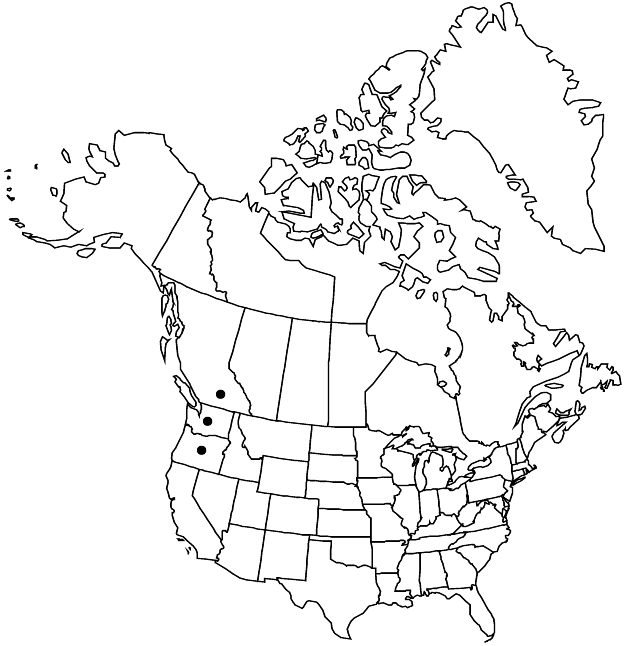Difference between revisions of "Polygonum nuttallii"
Mongr. Amer. Sp. Polygonum, 132, plate 53. 1895.
FNA>Volume Importer |
imported>Volume Importer |
||
| (One intermediate revision by the same user not shown) | |||
| Line 8: | Line 8: | ||
}} | }} | ||
|common_names=Nuttall’s knotweed | |common_names=Nuttall’s knotweed | ||
| + | |special_status={{Treatment/ID/Special_status | ||
| + | |code=E | ||
| + | |label=Endemic | ||
| + | }} | ||
|basionyms={{Treatment/ID/Basionym | |basionyms={{Treatment/ID/Basionym | ||
|name=Polygonum intermedium | |name=Polygonum intermedium | ||
| Line 56: | Line 60: | ||
|publication title=Mongr. Amer. Sp. Polygonum, | |publication title=Mongr. Amer. Sp. Polygonum, | ||
|publication year=1895 | |publication year=1895 | ||
| − | |special status= | + | |special status=Endemic |
| − | |source xml=https:// | + | |source xml=https://bitbucket.org/aafc-mbb/fna-data-curation/src/2e0870ddd59836b60bcf96646a41e87ea5a5943a/coarse_grained_fna_xml/V5/V5_1167.xml |
|subfamily=Polygonaceae subfam. Polygonoideae | |subfamily=Polygonaceae subfam. Polygonoideae | ||
|genus=Polygonum | |genus=Polygonum | ||
Latest revision as of 22:08, 5 November 2020
Herbs. Stems spreading to erect, sometimes zigzagged, purplish, simple or branched, wiry, (5–)10–35 cm, papillose-scabridulous. Leaves evenly distributed or crowded at branch tips, articulated to ocreae, basal leaves persistent, distal leaves gradually reduced to bracts; ocrea 3–4 mm, papillose-scabridulous, proximal part funnelform, distal part finely lacerate; petiole 0.1–2 mm; blade 1-veined, not pleated, linear to narrowly oblong-elliptic, 8–30 × 1–4(–7) mm, margins narrowly revolute, never touching along midrib, smooth, apex acute, mucronate, ± glaucous adaxially. Inflorescences axillary and terminal, spikelike, dense; cymes mostly congested toward tips of branches, 2–3-flowered. Pedicels enclosed in ocreae, erect to spreading, 2–3 mm. Flowers semi-open or closed; perianth 1.8–2.4 mm; tube 25–33% of perianth length; tepals overlapping, greenish, white, or pink with pink margins, petaloid, oblong, cucullate, navicular in distal 1/4, apex rounded; midveins unbranched; stamens 8. Achenes enclosed in perianth, black, elliptic to ovate, 1.8–2.3 mm, faces subequal, shiny, smooth.
Phenology: Flowering May–Oct.
Habitat: Dry prairies, open knolls in lower mountains, open sites in lowland and montane zones, sandy soil
Elevation: 800-1100 m
Distribution

B.C., Oreg., Wash.
Discussion
C. L. Hitchcock (1964) suggested that Polygonum nuttallii is but a small-flowered form of P. spergulariiforme. Although morphologically similar, P. nuttallii differs from P. spergulariiforme in some respects, including its wiry, purplish stems, short and funnelform ocreae, adaxially glaucous leaves, longer bracts, shorter fruiting perianth, and achenes.
Selected References
None.